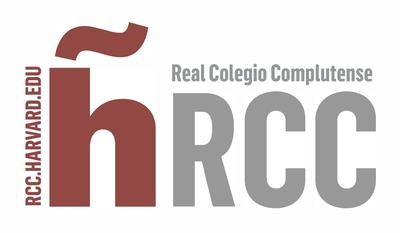Date:
Location:
New business models pose challenges to the existing international tax allocation rules. You can do business in a country without being taxed there, since the tax connecting factors require physical presence.

There are winners and losers, but unanimity is required for an effective global change. Some countries try to nudge multilateral reforms, but others have reacted unilaterally, creating new forms of double taxation that hamper international trade. The European Union has proposed two directives, none of which has been adopted until a global multilateral solution is achieved at the OECD Global Forum level. But it will only wait until 2020. The OECD is working on inclusive solutions, which are heavily influenced by some stakeholders and hard to digest for others. The challenge is to be global, but also fair among nations for achieving a sustainable reform of international tax allocation rules.
Another challenge comes from the use of algorithms and big data. On the one hand, they may enhance tax compliance and monitoring of taxpayers, but, on the other hand, they raise data protection issues, which in Europe can be questioned in the light of the EU General Data Protection Regulation.
Speaker: Pasquale Pistone. Academic Chairman; Jean Monnet Ad Personam Chair in European Tax Law, IBFD; WU Vienna.
Chair: Jose M. Martinez Sierra. Jean Monnet ad Personam Professor in EU Law and Government and RCC Director, Harvard University; Faculty Sponsor, Harvard European Law Association; Faculty Sponsor, Harvard Law School Blockchain and Fintech Initiative.
Sponsors: RCC; Harvard European Law Association; Harvard Law School Blockchain and Fintech Initiative; International Bureau of Fiscal Documentation (IBFD).
